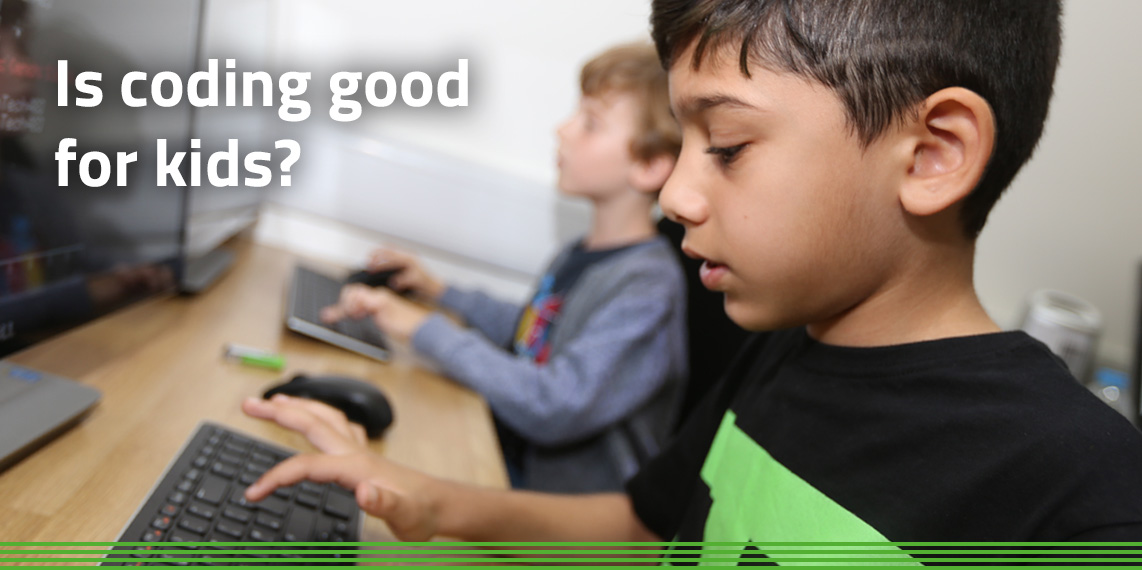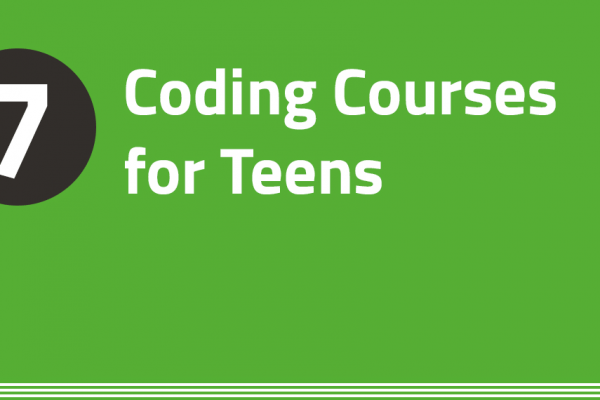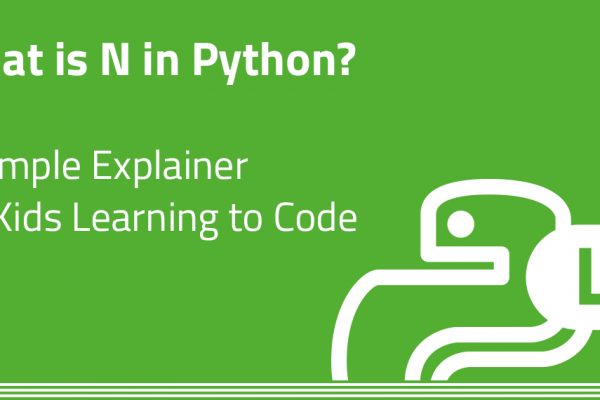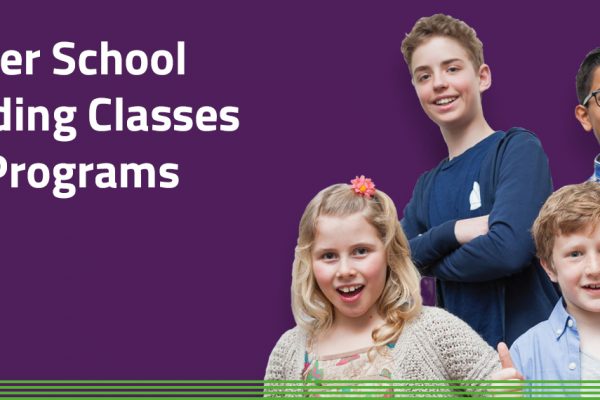
Is Coding Good For Kids?
Increasingly considered as a “new literacy” by many school education commentators, coding is the building blocks for technology including games, robotics, websites, and many other applications. Coding should be looked upon as a versatile skill in an ever-developing world. The ability to code can open the door to many opportunities in the future.
For this reason, many parents have a desire to see their children learning how to code. It can help them to not only prepare for their future adult careers, but also can help them in their education now.
The bottom line is; we are firm believers that coding is good for kids and have been running online and classroom based coding programs for many years now.
Coding is good for kids: here’s why
In fact, there are many similarities and crossover with mathematics as kids progress with coding. Whilst that might sound daunting to some children, the maths element is something that is more of a requirement later down the line.
And the thing is; coding can help kids not confident with maths to get better at it.
Instead of using traditional maths to learn, coding uses different methods. This includes logic-based approaches to problem solving, block building, and a visual interface to find a solution.
Coding can also give kids a head-start in an ever-growing industry and go side by side with any other skills they choose to learn, complimenting whichever career path they decide to take in the future.
With the right teacher or online learning program, coding can easily be presented in a fun and lighthearted way, potentially igniting a lifelong passion for kids.
At what age should kids start learning to code?
It is common knowledge that kids pick up languages much faster than adults. This is due to a part in their brain, called the prefrontal cortex, being less developed than adults, which gives them the ability to be more flexible in their thinking and learning.
Nowhere is this more prominent than in kids from multinational backgrounds, who are often fluent in at least two languages at an early age.
Because of this, you might be wondering what the optimum age for your child to begin learning coding is? Surely the earlier the better, right?
Firstly, it is important to remember that all kids are different and not all of them will have the attention span to learn coding at an early age.
Yes, some children can be introduced to a basic form of coding as young as five years old, but whether they will gain anything out of it is not all that clear.
That being said, numerous coding programs can be found online that cater to children of this age group. They have been developed especially for toddlers and are often wrapped in a variety of glitzy designs more akin to a video game.
These child-friendly coding websites can be a fun and interesting way for your five-year-old to spend an afternoon, and they can provide a great regular alternative to less productive pastimes, such as iPad games, or children’s TV shows.
In terms of more focused learning, most authorities believe that kids should properly begin to learn to code at around seven years of age.
In fact, at FunTech we have children this young starting with us. This is typically with our programs that use Minecraft and Scratch to teach coding.
From this age, kids can enrol in FunTech coding courses and camps which look and behave similarly to the aforementioned games above. Through this method of learning, they can gradually begin to build an understanding of coding.
Why is coding good for kids?
As mentioned before, coding can be good for kids chiefly because it is such a sought-after skill. Although you may not realise it, coding is extremely important because it powers our digital world.
Every app, PC, washing machine, and TV has been programmed to carry out tasks through the power of this clever string of code, making the knowledge of how to do this very sought after.
Besides this, learning to code does have other additional benefits – many of which can be extremely important for our children as they go through their lives.
One of these benefits is problem-solving. Coding is a perfect way in which to teach kids how to problem solve, and through the process of breaking down complex problems into more manageable components (which is a staple of coding), kids can begin to learn how to problem-solve effectively.
In addition to this, problem-solving is not only beneficial for coding but other career choices too. It can also be applied to problems outside of work, which many of us adults still struggle with today.
These problem-solving skills also build confidence in our children, which helps them to feel happier within themselves.
After they have been coding for a while, kids could begin to see everyday problems as exciting opportunities to grow, instead of as scary situations that immediately intimidate them.
Perseverance is yet another skill that coding can teach kids. Similar to problem-solving, perseverance is useful because it educates kids on why they should stick with a problem and not give up too quickly.
Just like other difficult skills such as mathematics or sciences, coding can take time for our kids to master. However, learning to code can bring about many benefits, such as the potential for higher-paying jobs, and improved quality of life.
Through coding, kids can be given the chance to develop these qualities which will serve them well throughout their lives.
Additionally, with a bit of perseverance, most kids are likely to grow into confident and highly skilled adults and will be capable of doing whatever they put their minds to.
Thinking outside the box is not something that all adults can do, let alone kids.
However, coding can be extremely beneficial in helping children to be more creative in this way. Likewise, the process of searching for solutions and variations of code will often push kids to use the creative areas of their minds to the max.
Therefore, kids who can think outside the box will inevitably become better thinkers; they will be able to come up with strategies on the fly, learn information quicker, and implement the knowledge they have learned more effectively than other kids.
Can kids with autism learn to code?
Autism, which comes under the autism spectrum disorder (also known as ASD), refers to a diverse range of conditions characterised by challenges with social skills, repetitive behaviours, speech, and nonverbal communication.
Autism is said to affect approximately 1 in 54 children. Worldwide, it is estimated that 1 out of 160 children have autism.
Most children with autism struggle to work well in groups, often having trouble with basic skills such as social interaction, relations, and non-verbal interactions – however, it is important to understand that the severity of these symptoms can differ from child to child.
Due to this, many kids with autism prefer to be taught online instead of in a classroom environment often full of distractions.
This is where coding shines, as it is predominantly taught to children on the internet instead of face to face.
Most children with autism will fit into one of three subtypes of ASD, all of which present slightly varying but also similar learning challenges. These three disorders are Childhood Disintegrative Disorder, Asperger’s Syndrome, and Autism.
Due to the differences in ASD, skills such as thinking, learning, and problem-solving can vary from severely limited to highly skilled between children in these different subtypes.
Therefore, teaching children with autism to code can help them to learn these skills, ranging from logical decisions to breaking tasks into smaller bite-size pieces.
Reasons to choose FunTech coding schools
- Courses that will put your child at the forefront of technology.
- 24 years’ experience teaching tech using subject-specialist tutors.
- Specialists in delivering tutor-led virtual learning.
- Ofsted registered with FunTech certified tutors.
- GCSE and A Level qualification in computer science.
We’re redefining the way children learn by using the latest virtual tools. Our state-of-the-art virtual learning platform enables tutor-led home learning through innovative business-grade tools.
Your child can log in from anywhere and attend scheduled lessons using virtual tools to communicate with their tutor and class friends.
Want to get started?
To find out more about how our after school coding classes could work for your child, get in touch with a member of our friendly team. We can answer any questions you have and explain how we can properly assess what level your child could start at.
Keep me informed
Be the first to know about Flash and Early Bird Sales as well as new courses, summer locations and more.
KEEP ME INFORMED





